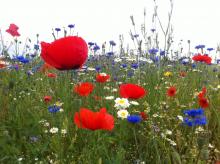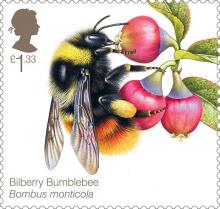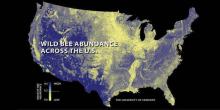Het Amerikaanse bedrijf Ortho staakt de verkoop van bestrijdingsmiddelen die neonicotinoïden bevatten
Dat maakte Ortho, een grote Amerikaanse producent van bestrijdingsmiddelen voor consumentengebruik, dinsdag bekend in een persbericht. Ortho is een dochteronderneming van de Amerikaanse multinational Scotts Miracle-Gro Company. Ortho zegt toe met onmiddellijke ingang al een aantal neonicotinoïden, bijonvriendelijke bestrijdingsmiddelen, uit zijn producten te halen. In 2021 zal de hele transitie naar 100% neonicotinoïde-vrije producten zijn voltooid.









